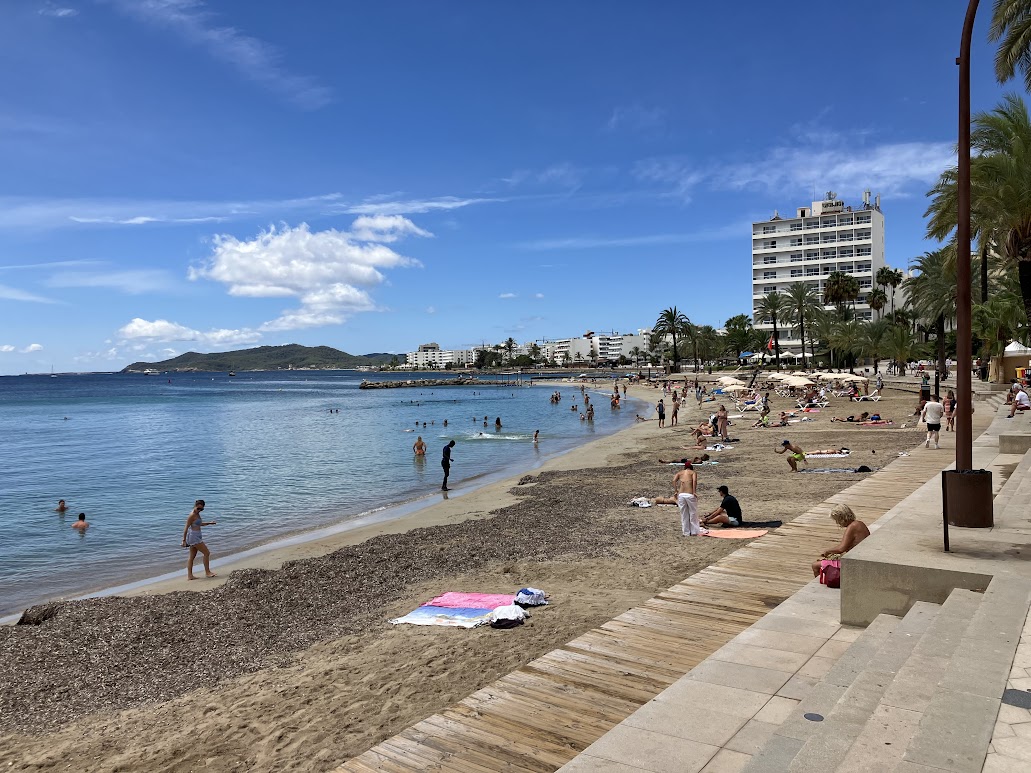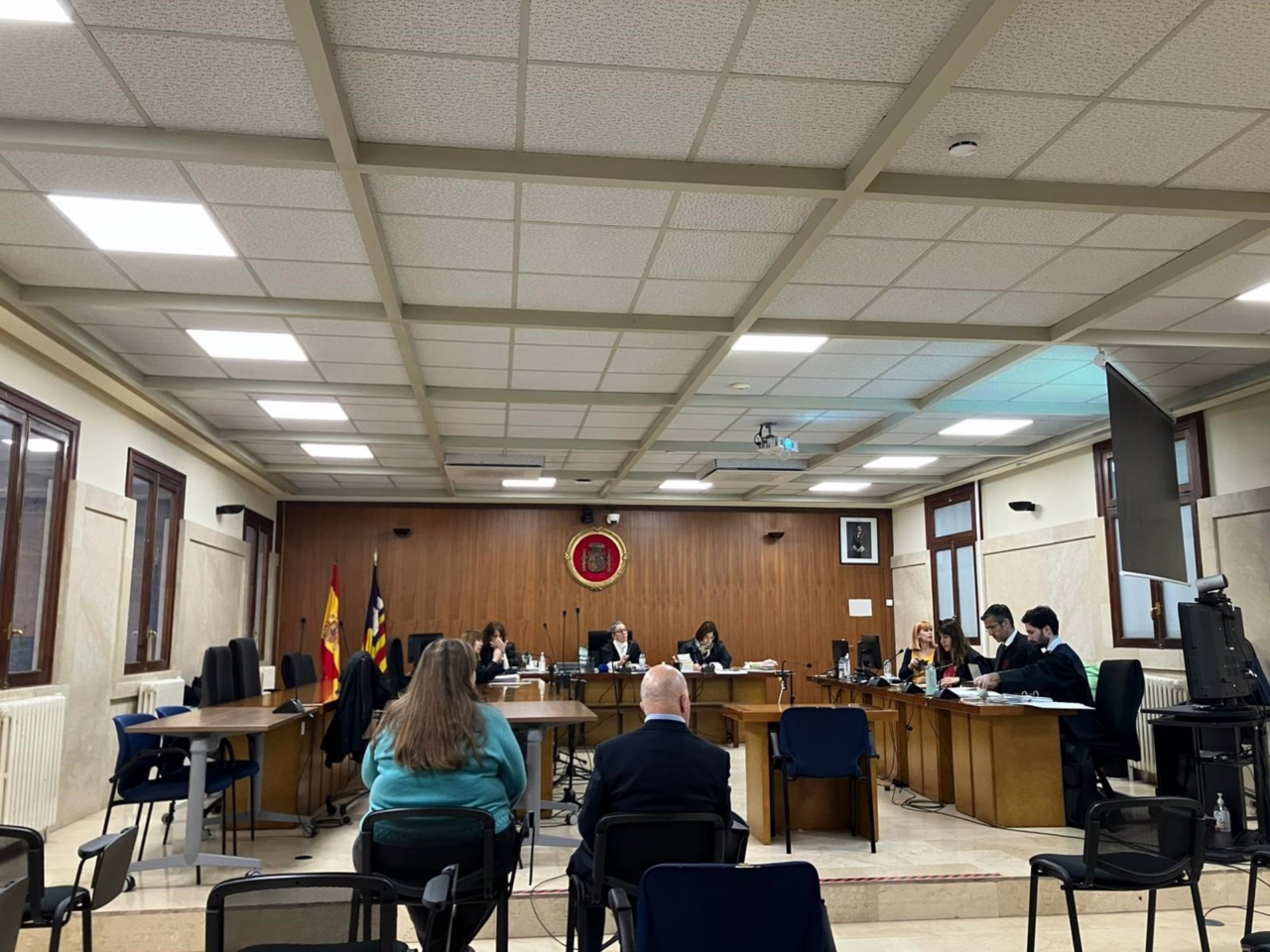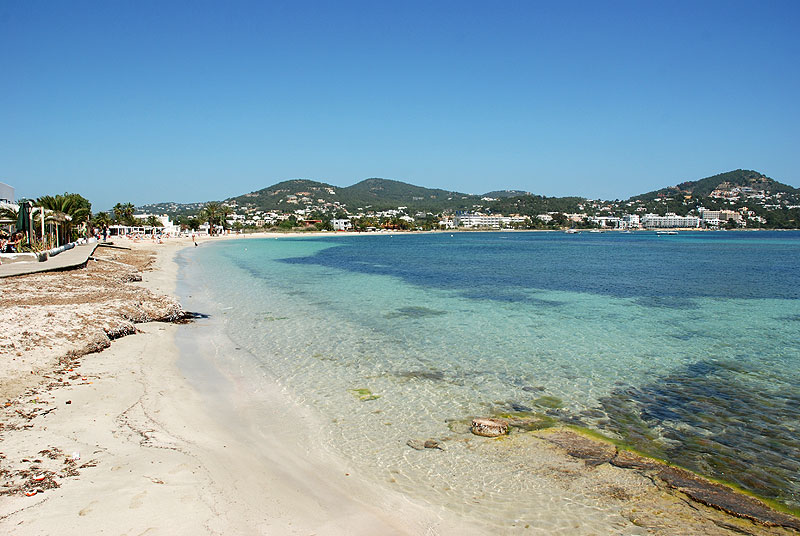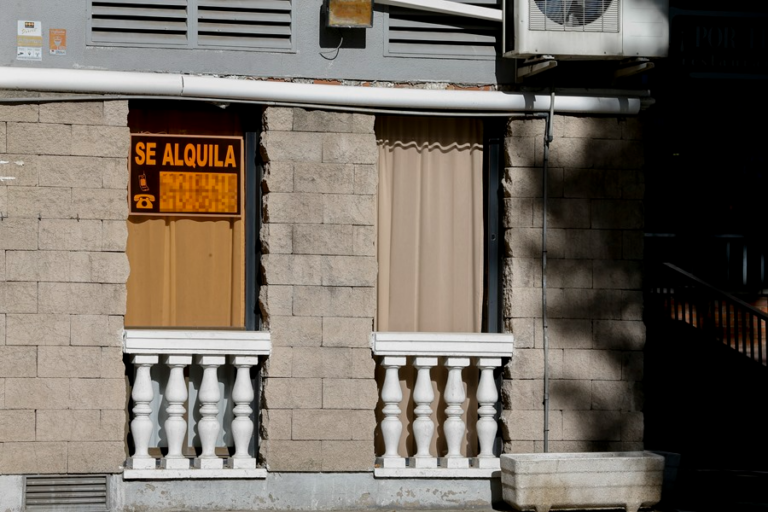The climate change not only threatens the biodiversity and the natural environment of the Balearic Islandsbut also poses a serious challenge to its main economic engine: tourism. Experts from the University of the Balearic Islands (UIB) have warned about the risks that the tourism model of the archipelago will face due to the effects of global warming.
A tourism model under pressure
During the conference on the socioeconomic and employment impact of climate change, organized by the Economic and Social Council of the Balearic Islands, Professor of Applied Economics Verónica Leoni stressed that the islands, whose economic model depends largely on their natural environment, are particularly exposed to the effects of climate change. Leoni warned that phenomena such as extreme temperatures could modify the habits of tourists, who could choose to visit the Balearic Islands at other times of the year or even decide not to travel, finding similar climatic conditions in their own countries. According to studies by the Joint Research Centre of the European Union, tourism in high season in the Balearic Islands could decrease by up to 30%.
Economic and environmental impacts
The researcher of the Climate Change Laboratory of the UIB, Pau de Vilchez, focused on the contribution of the tourism sector to climate change. Transport, which accounts for more than 69% of emissions in the Balearic Islands, is emerging as the main generator of greenhouse gases. In addition, tourism-related activities directly affect natural “carbon sinks” such as posidonia, aggravating the problem. De Vilchez warned of possible scenarios that could seriously impact the tourist attractiveness of the islands, such as the reduction of beaches, the increase in forest fires and the proliferation of jellyfish due to the warming of the water. Climate change not only puts the tourism model at risk, but could also have a direct impact on the GDP of the Balearic Islands. According to the studies mentioned during the conference, a one-degree increase in temperature could translate into a 12% drop in the archipelago’ s GDP.
A call for joint action
The experts agreed that confronting climate change requires joint action between governments and the private sector, with cross-cutting measures that include education and mitigation strategies. “The difference between what it would cost to act now and the consequences we are already facing is enormous,” concluded De Vilchez.













